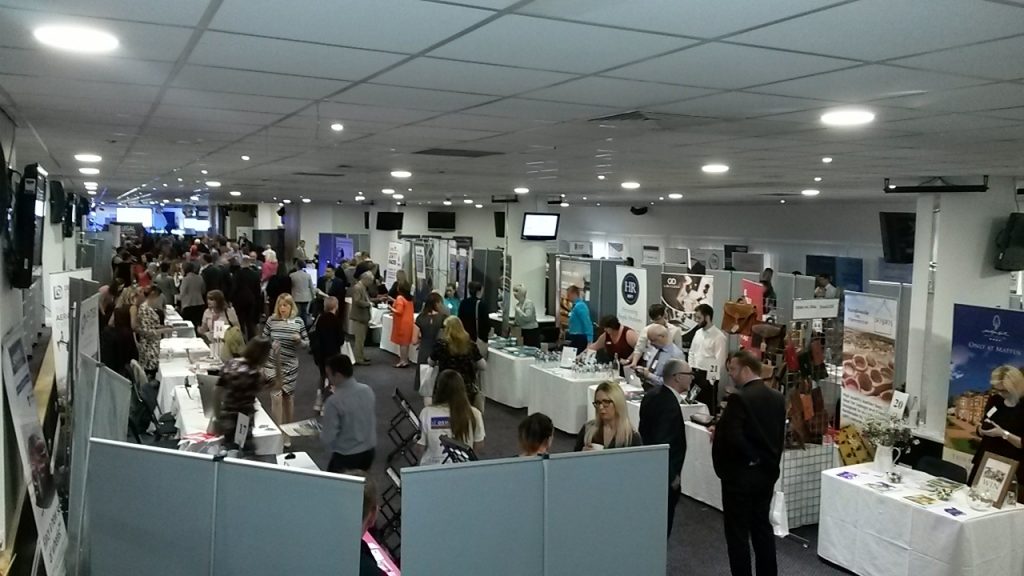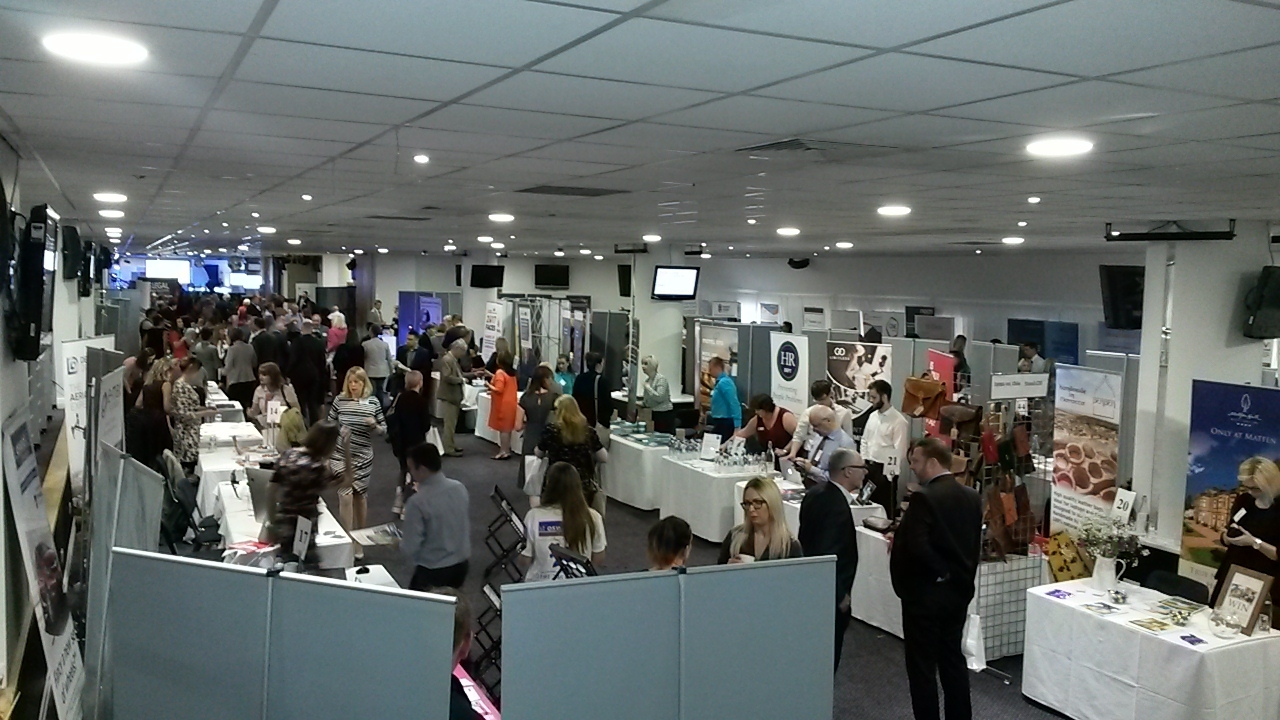This month’s careers column takes a look at networking with one eye on the forthcoming Armed Forces & Veterans Resettlement Expo in Bristol on October 28…over to you, Giles O’ Halloran…
Register for free for the Armed Forces & Veterans Resettlement Expo Bristol on Oct 28 HERE!

A lot of people find networking uncomfortable. There is a perception that it is about simply pressing your business card into someone else’s hand and then doing a quick sell before moving on to the next individual. Naturally, this then feels very shallow and selfish if you do it this way. As a result, to many it feels like a perverted form of speed dating with no intention of a real relationship at the end. This means networking is often misunderstood, undervalued, and overlooked as a tried and proven tool of personal development and job seeking.
I must first state this to set the scene. None of the jobs I have done in my career (including now as a freelance consultant) have happened due to completing an application form. Let me let that sink in. My career over the last quarter of a century has been based on the network that I have around me and that I have participated in.
So, let’s look at some pointers that might help you look at networking in a different and more positive light ….
The reality of networks:
The development of human civilisation is based on networks. Whether we look at clans, tribes, nations, and empires, each is an evolution on the way people connect and get things done. Networks offer you influence and access. They provide the ability for you to learn, to share, to help others and in return you receive an equal share of the benefits. Knowledge sharing and building effective relationships that allow you to keep your finger on the pulse of the world around you means you get to hear about opportunities and gain access through your network.
It has been cited that c.70-80% of all job vacancies are filled through networks. The higher end of the scale is more likely if you have a digital presence and actively engage online with your network. This is not about nepotism, it is about establishing trust and credibility, your real currency both on and offline.
Networking isn’t me:
I have heard this said a hundred times, but it is the perception of networking as a dark art or dirty word that is the issue. This is because too many people have been doing it the wrong way and their limited rate of success (whilst simultaneously possessing a huge folder of useless business cards) has only made people look upon networking disdainfully. We all network in our daily life to get things done, we just have to put a more human face on it and that is when it works well. The next section hopes to help those who find it uncomfortable make it happen in a positive and more personal way.
The networking framework:
If you are attending an event, whether it is purely for networking or otherwise, there is a simple framework that you can apply to help you network more easily and effectively. It is as follows: LISTEN – LEARN – LIAISE – LEAVE. These are four simple steps that you can do without thinking too hard to make the networking experience work in a way that will not only feel more natural but also help you identify who you want to connect with because of shared interests and opportunities. Let’s explore these four ideas further.
LISTEN:
After making the initial introductions, simply ask the person about themselves and take time to listen. Time is our most valuable commodity, so giving people your time and the opportunity to share is a powerful way to help connect with people. Encourage them to focus on areas of mutual interest but give them an open forum that allows you to then download and process in your own time more about them. Doing this creates a sense of trust as people feel they can open up to you.
LEARN:
Through listening to the individual, you learn more about them, their interests, motivations etc. You can guide the conversation with a few questions and learn more about them. This helps you avoid the risks of first impressions, gives you an opportunity to find out more about them and allows you to dig a little deeper in an interested rather than intrusive way. Not only do you then gain an insight from the experience, but you leave them with a favourable impression of you, and this means they are more likely to help you longer term as well.
LIAISE:
As you listen and learn more about the individual, start to think about who you can connect them to in your network. This is about you being a facilitator and enabling your network through your actions, The focus is not you, it is about others. Through making such connections, it has been proven that we create something called social indebtedness – the willingness of others to help you far more than the initial connection you might have made. Through behaving in this way and acting as a connection for others, it makes it less upfront or about you. This is far more comfortable as an exchange as you are connecting others and taking yourself or the other person away from being the centre of attention.
LEAVE:
Finally, you move away from that conversation and agree on how and when you will stay in touch. If you don’t feel you can help them or can connect them with your network, simply be honest about it. They are still likely to feel an obligation to you because you have taken time to listen and consider what they are sharing. However, agreeing how to stay in touch or the actions you will both take helps ensure that relationships can be nurtured in a positive way. Not only does this build your professional and personal brand via your network, but it allows you to walk away from that conversation feeling you as though you have helped others or done something worthwhile.
A few reminders to help:
Here are a few extra things to consider that might be of help:
- It is about quality and not just quantity – it is not about how many people that are in your network, but how you establish trust, share, and help one another that matters. It is the quality of the connection that counts.
- Visible beats digital – even though digital networking platforms are great to use, meeting people or having a video conversation with them makes it more memorable. It is more human and creates a stronger relationship or commitment.
- Do some sharing and caring – take time to comment, share thoughts and support others via online platforms, and even sending a Birthday or congrats message on LinkedIn can lead to a conversation that then leads to a job opportunity.
- Wide is shallow, few is deeper – if you are building your network, you need to establish a happy medium that works for you. Having a wide and extensive network means you will not be able to develop deep relationships, whereas fewer people will allow you the time to build much closer connections. You need to get the balance that fits you and your needs, it is not a one size fits all mindset.
I hope this brief piece might help you look at networking in a more positive light. It is not simply about selling yourself. It is about listening, helping others connect and helping channel their energy so that you become seen as a trusted and credible professional by others. Through doing so, you start to build a network that is based on trust, credibility and it will serve you well in your career ahead.


